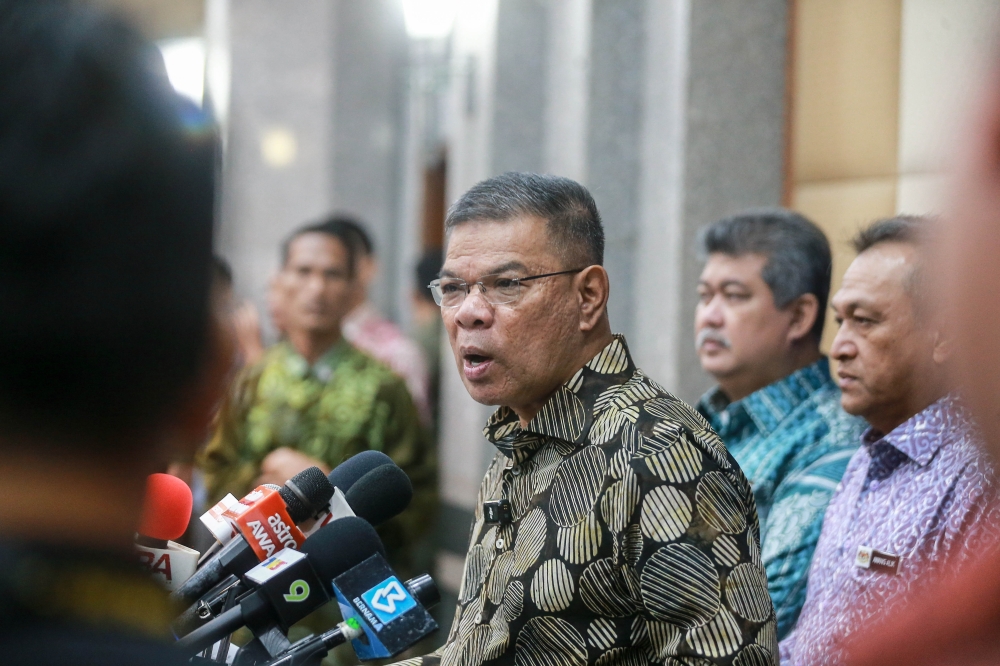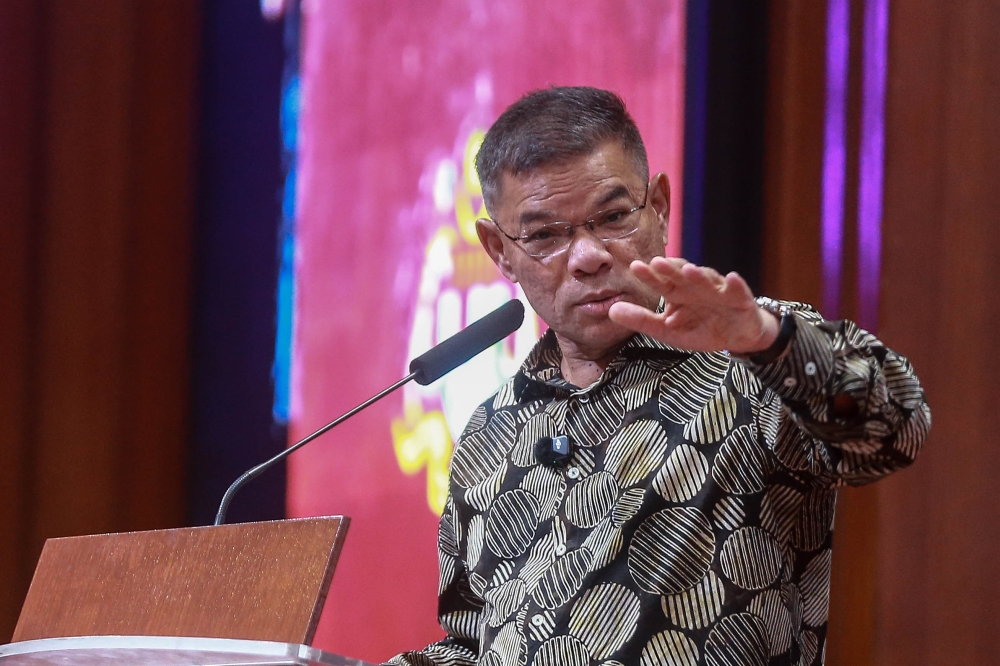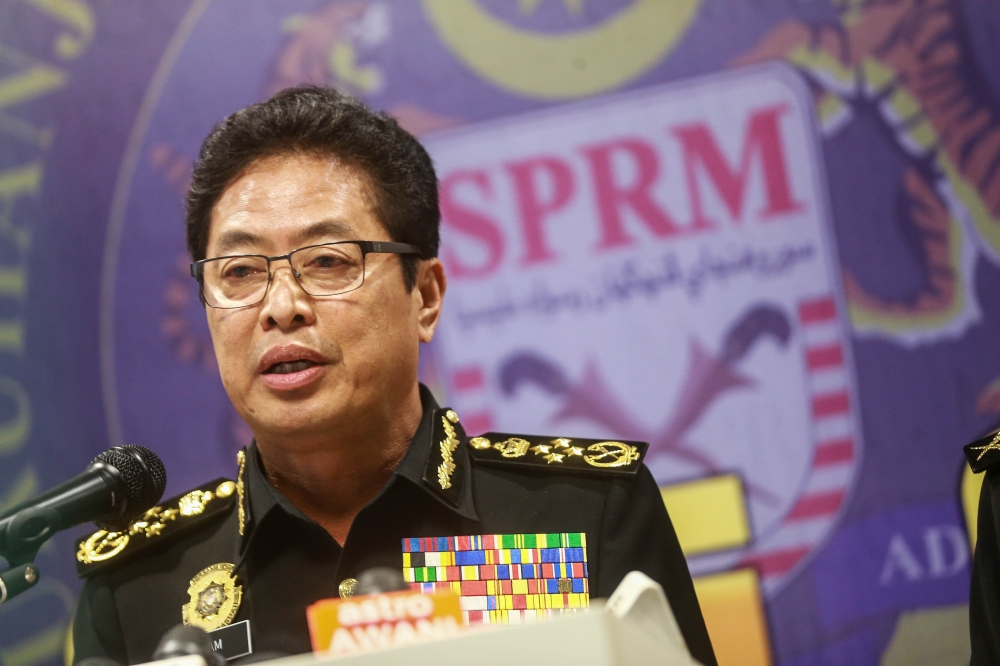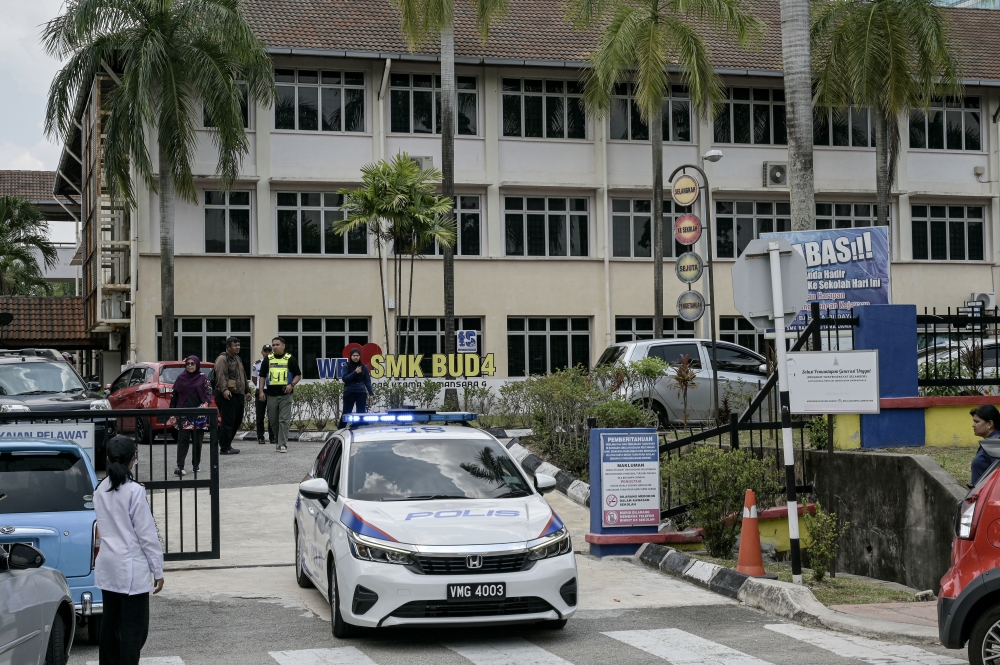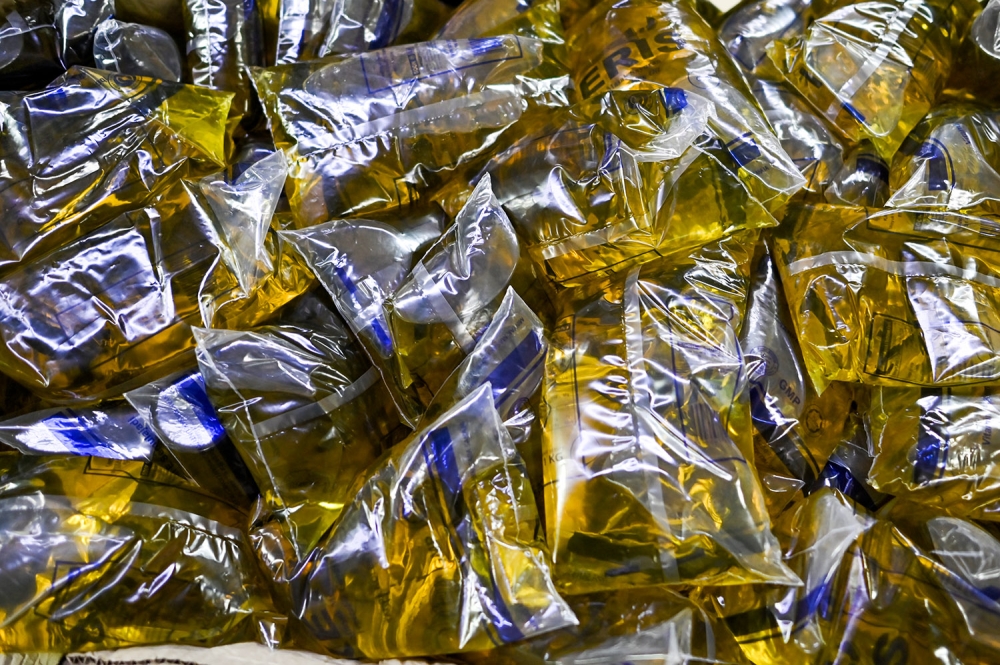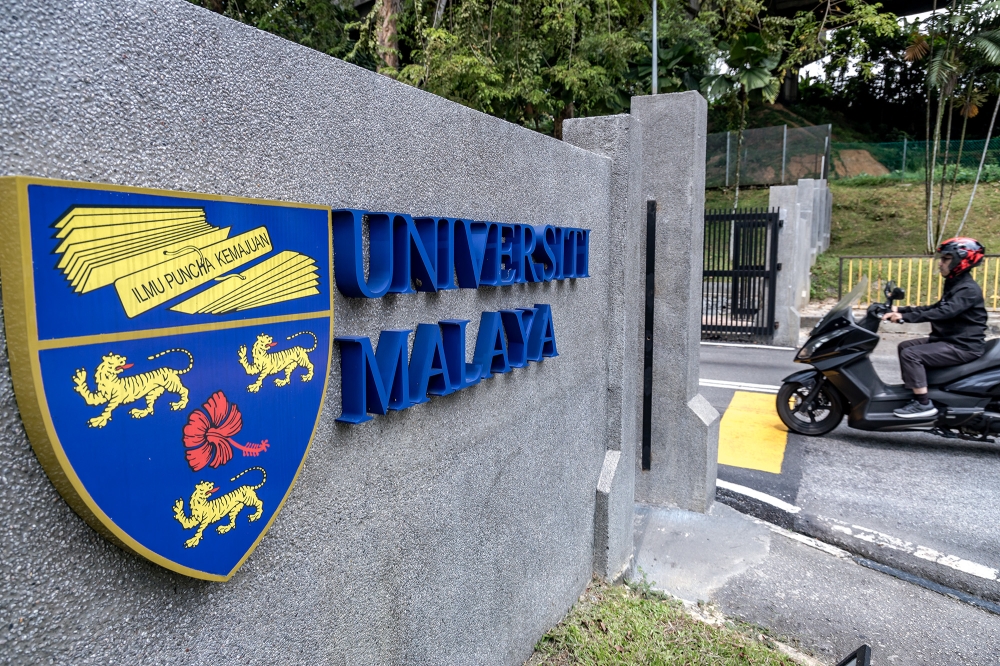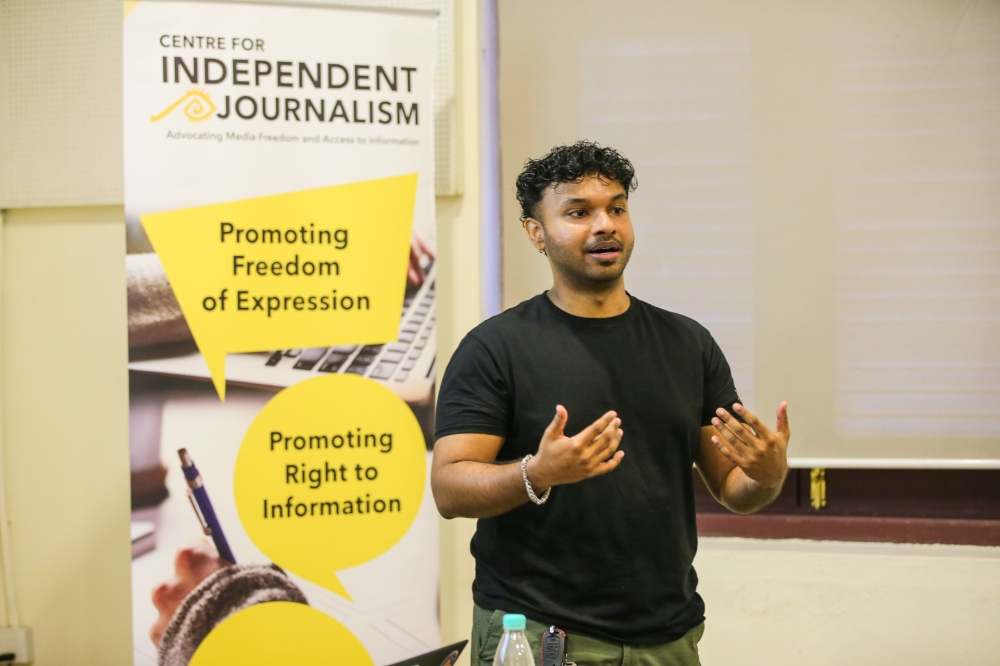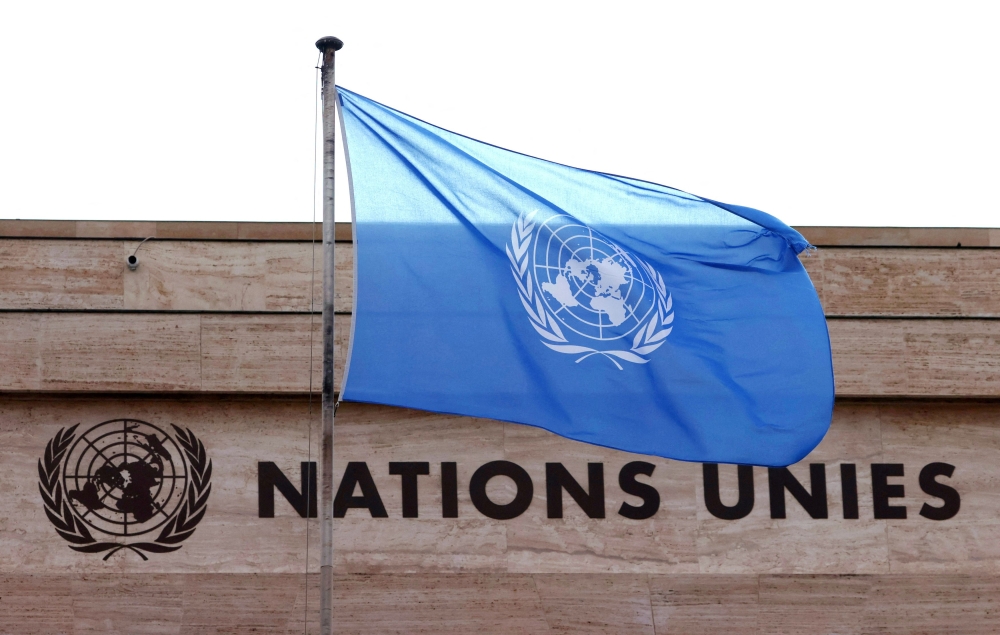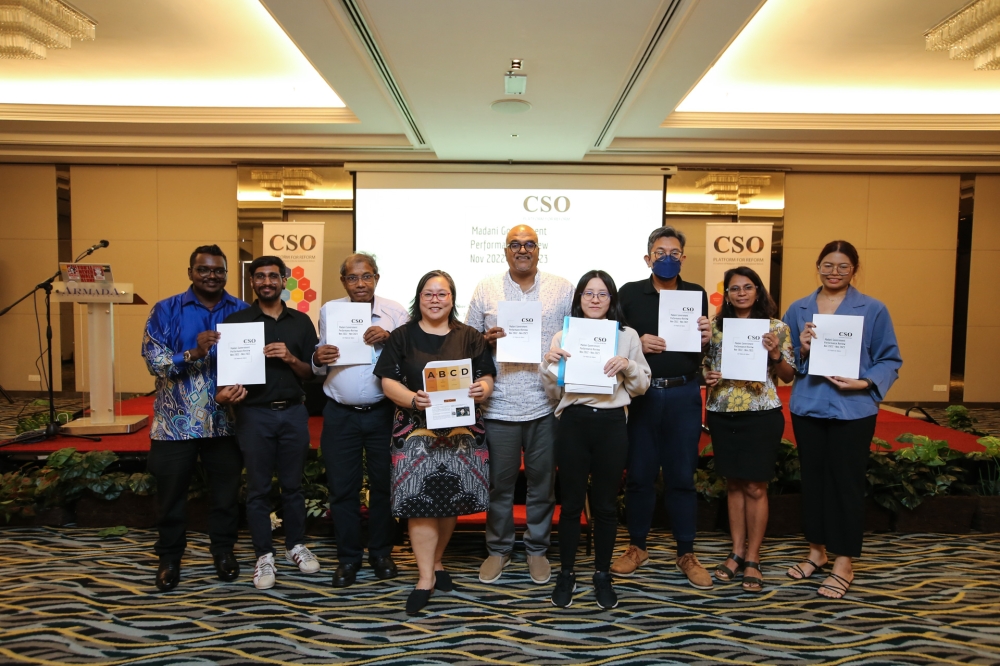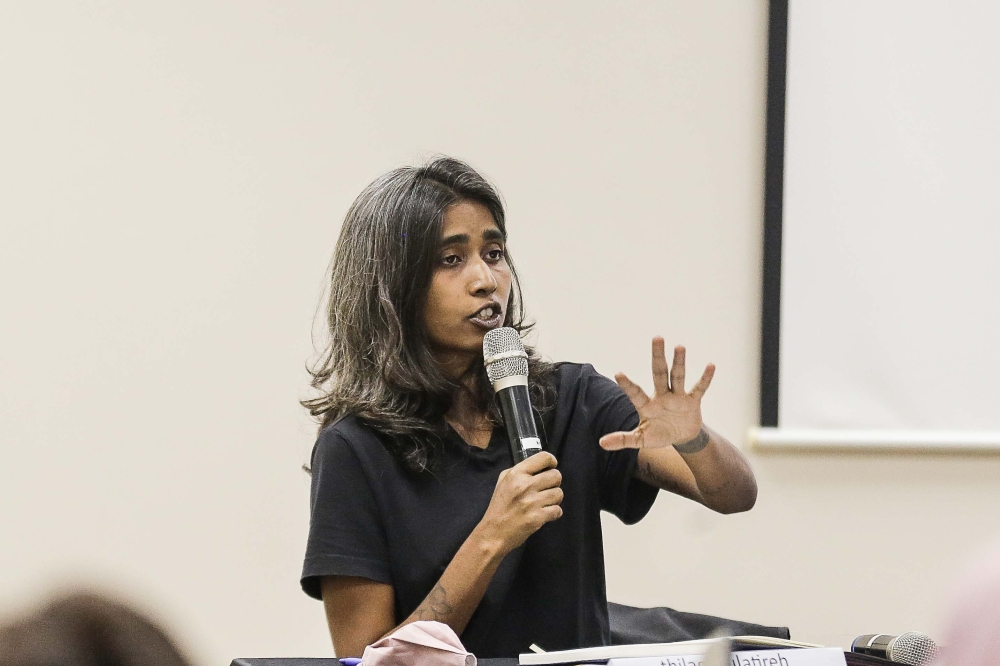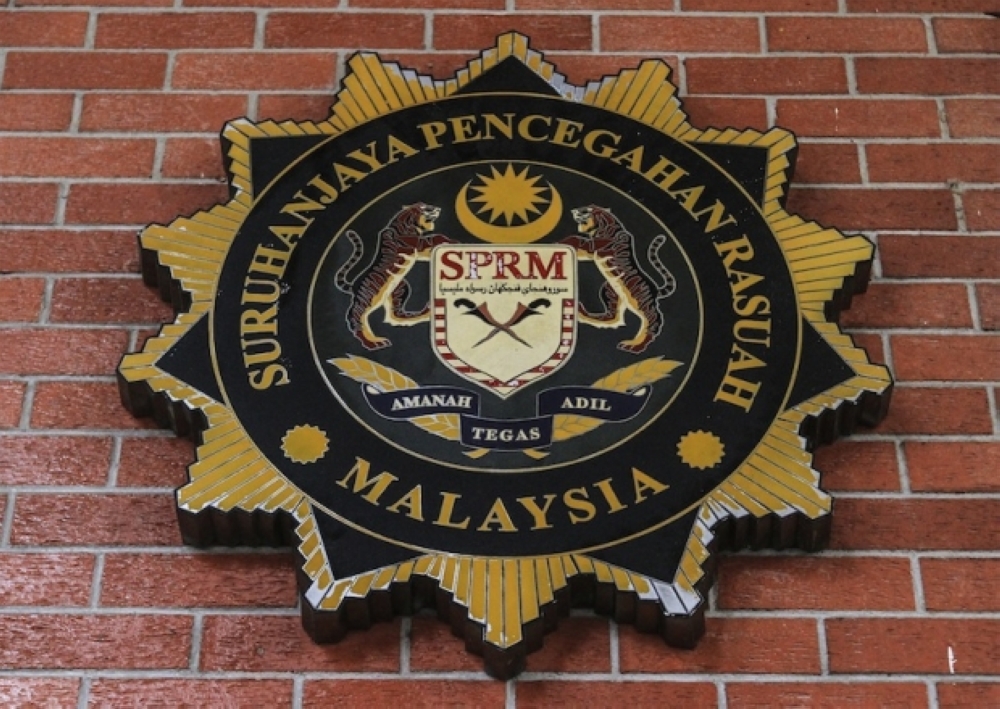KUALA LUMPUR, Dec 10 — Hate speech directed at lesbian, gay, bisexual and transgender (LGBT) people significantly increased after the controversy over English group The 1975’s performance at Good Vibes Festival 2023 in July, the Centre for Independent Journalism (CIJ) found.
This coincided with religious-themed responses on social media, such as calls for the defence of Islamic values from some purported threat of Prime Minister Datuk Seri Anwar Ibrahim’s administration, the CIJ said in its “A Report on the State of Freedom of Expression in Malaysia 2023.”
“There has been a surge in anti-LGBTQ+ sentiment alongside religious responses since The 1975 incident which was quickly politicised as social media users questioned which political party would best curb the spread of LGBTQ+ visibility in the country,” the report launched today said.
The 10th-anniversary edition of the music festival, The 1975 frontman Matty Healy launched into an expletive-ridden tirade against Malaysia’s laws relating to LGBTs and kissed the band’s bassist Ross MacDonald, causing the entire event to be cancelled.

Besides that, refugees and migrants were others targeted with comments that contained hostile or dehumanising language (level three classification) and language including or a call for violence (level four).
Such harassment also included doxing, or the intentional release of identifying information online that is typically intended to expose the victim to further attacks.
CIJ, in collaboration with the University of Nottingham Malaysia, Universiti Malaysia Sabah and Universiti Sains Malaysia, monitored hate speech incidents online during the recent elections held in six states and its monitors processed 43,734 posts along with their level of severity.
It found that the overall narrative of online posts focused on race, religion, gender, and targeting LGBT people, while racist, xenophobic, homophobic, transphobic comments and gender stereotypes continue to be normalised due to the lack of counter-messaging from political leaders and the public.
The annual CIJ report was launched today in conjunction with Human Rights Day, which is celebrated every year on December 10 to mark the United Nations General Assembly’s adoption and proclamation of the Universal Declaration of Human Rights on December 10, 1948.
The report aims to objectively outline the progress and shortcomings from this year regarding the freedom of expression environment in Malaysia using data from CIJ’s monitoring efforts.
At the report launch, CIJ said the use of the Sedition Act 1948 and the Printing Presses and Publications Act 1984 (PPPA) has doubled since last year under the current government.
Last year, the Sedition Act was used in 31 incidents while the PPPA was used three times, which increased to 31 and seven this year, said CIJ executive director Wathshlah G. Naidu this morning.

